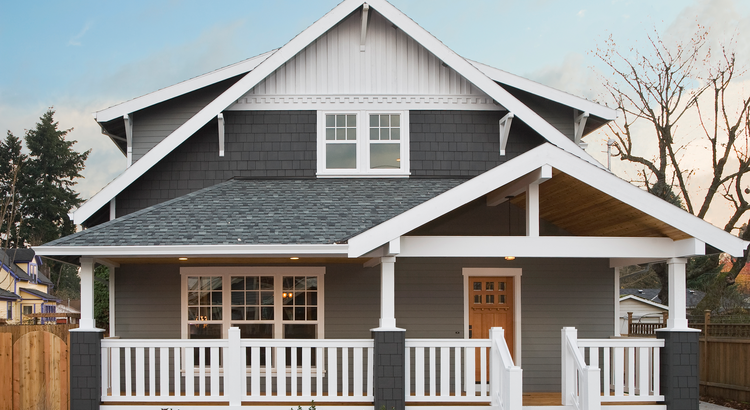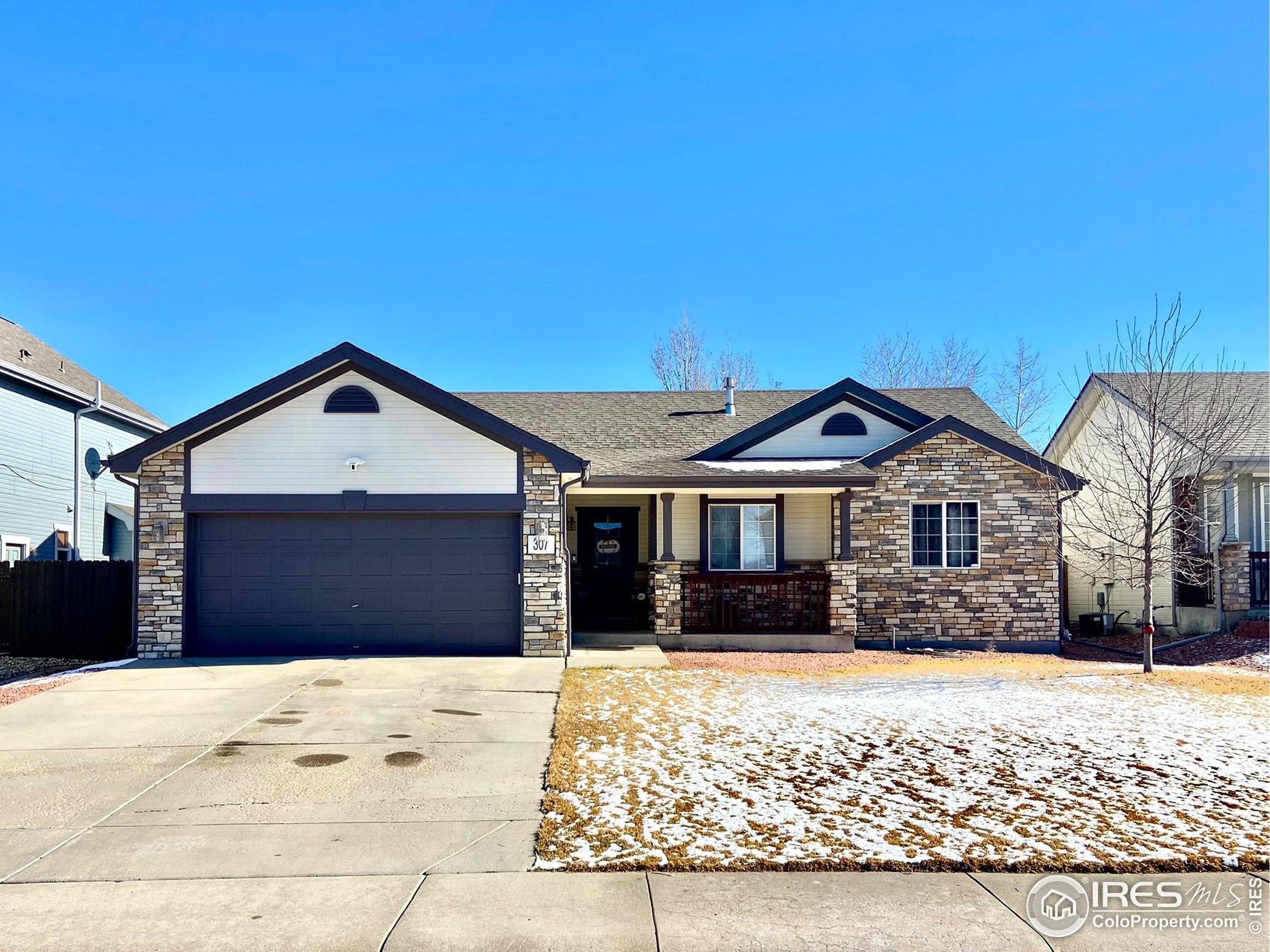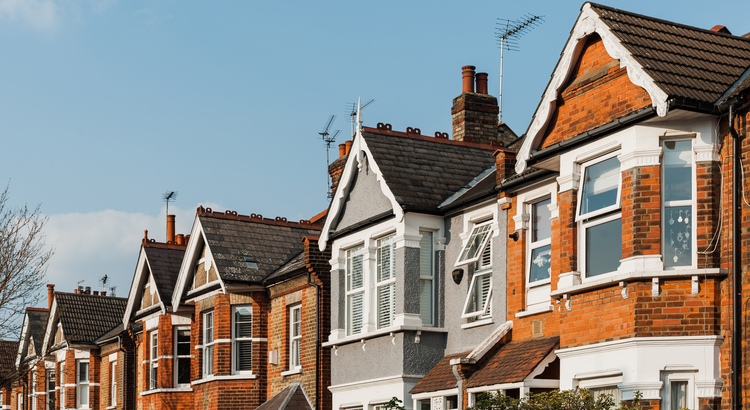

How Do Home Buyers Compete in Today's High Interest Rate Market?
How Do Home Buyers Compete in Today's High Interest Rate Market? In today's real estate market, mortgage interest rates are at a 20 year high, homebuyers are constantly seeking ways to secure more affordable financing options. One strategy gaining popularity is the 3/1 buy down mortgage. Let’s exp
Read More
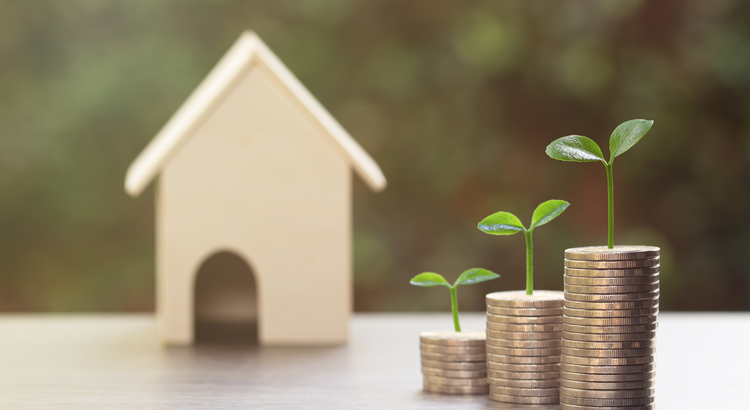
Growing Your Net Worth with Homeownership
Growing Your Net Worth with Homeownership Take a moment to imagine where you want to be in a few years. You might be thinking about your job, money, wanting more stability, or goals you want to reach soon. Is homeownership a part of that vision? If it is, you should know owning a home has a whole
Read More
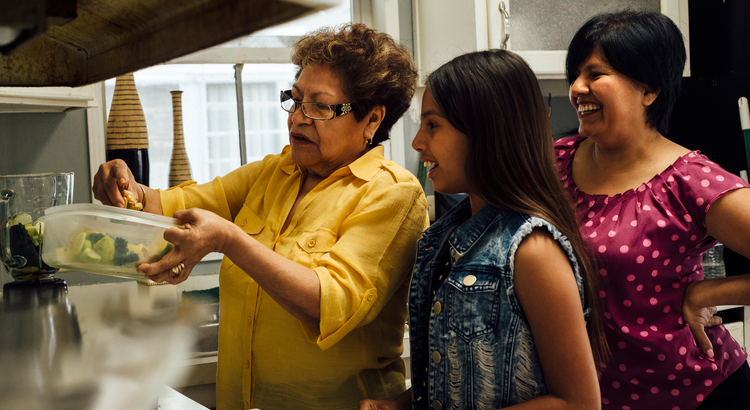
Are Grandparents Moving To Be Closer to Their Grandkids?
Are Grandparents Moving To Be Closer to Their Grandkids? During the pandemic, many people distanced themselves from their loved ones for health reasons. Grandparents were told to stay away from their grandkids, especially as schools started to open. That’s because it would have been risky to visi
Read More

Home Prices are not Falling
Home Prices are not Falling While the percentage of Americans who think prices will fall has been slowly declining this year, the latest Consumer Confidence data indicates that’s ticked back up recently (shown in red). This change is surprising especially since the home price data shows prices are
Read More
Categories
Recent Posts





